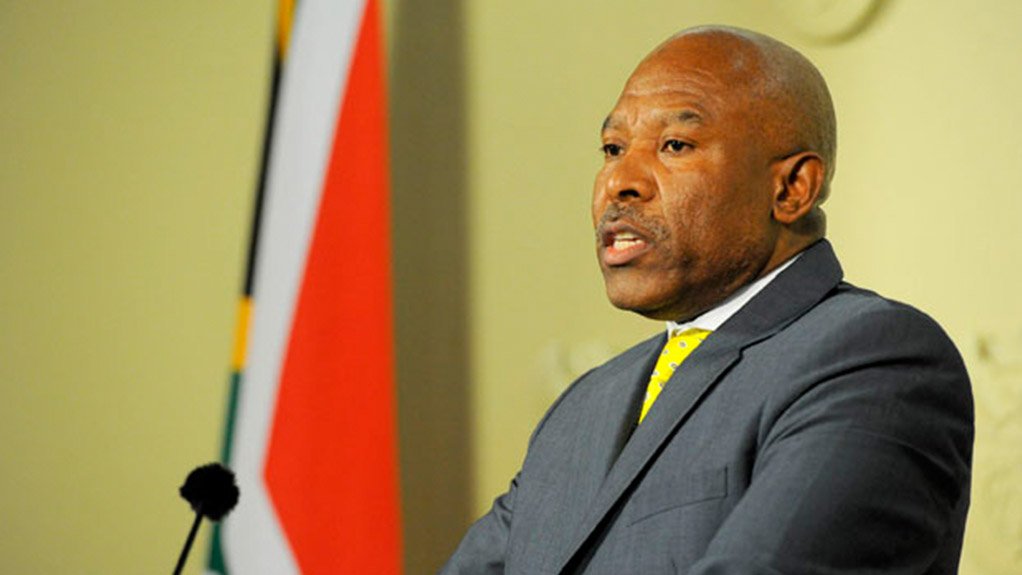The South African Reserve Bank's monetary policy committee hiked interest rates by 50 basis points to 7.75%. Economists were expecting an increase of 25 basis points.
Three members of the monetary policy committee voted in favour of the 50 basis point hike, while two wanted a 25 basis point increase.
The latest hike brings the prime rate to 11.25% - the highest level since 2009.
On a new home loan of R2-million at the prime rate, the latest increase hikes the monthly instalment by around R680. Since November 2021, monthly payments on a R2-million home loan are almost R5 500 more expensive due to a raft of rate hikes.
Reserve Bank governor Lesetja Kganyago said that inflation pressures remain a risk and that loadshedding is pushing up the cost of living.
In February, headline inflation unexpectedly rose to 7% - the first increase in four months - due in large part to raging food prices. Food and non-alcoholic beverages annual inflation hit 13.6% - the highest level since April 2009.
Apart from local inflation, the local monetary authorities must also keep track of US interest rates, which have seen aggressive hikes. The gap between US and South African interest rates can't widen too much, otherwise foreign investors – who are on the hunt for solid interest rates - will shun rand-based assets. This will put more pressure on the rand, which is already one of the worst currency performers this year.
Kganyago warned that further rand weakness is likely, which would further fuel inflation.
Last week, the US central bank hiked its key interest rates by only 25 basis points following turbulence in the banking sector.
The Reserve Bank again cut its growth forecast – it now expects the South African economy to grow by only 0.2% this year. In January, it was still expecting 0.3%. As recently as November, it expected growth of more than 1% in 2023. Loadshedding will shave two percentage points off growth this year, Kganyago warned.
But the bank boosted its growth expectation for next year from 0.7% to 1%.
South Africa's economy shrank by 1.3% in the fourth quarter, much worse than economists expected and the largest contraction since the third quarter of 2021, when deadly riots in KwaZulu-Natal and Gauteng caused massive economic disruption. South Africa may well be in the midst of a recession, if the economy also declined in the first quarter.
EMAIL THIS ARTICLE SAVE THIS ARTICLE
To subscribe email subscriptions@creamermedia.co.za or click here
To advertise email advertising@creamermedia.co.za or click here











